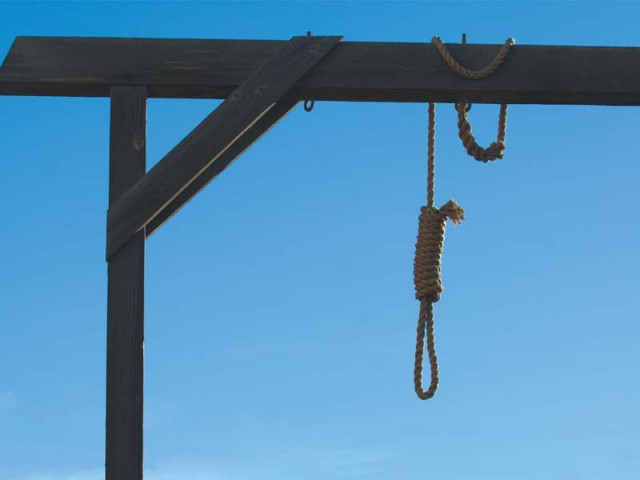Human rights violation: Soldier’s hanging jeopardises EU trade concessions
Concessions require Pakistan to curtail the death penalty.

The execution of soldier Muhammad Hussain has risked Pakistan’s hard-earned trading leverages with the European Union (EU) by breaking the four-year moratorium on death penalty which served as a condition for duty-free access to EU markets.
As a fatal coincidence, the penalty overlapped the coming into force of EU’s trade concessions which, after years of tedious dialogue, became operational on November 16. Facilitated trade required Pakistan to meet some human rights benchmarks, including the curtailment of the death penalty.
It is hence feared that Hussain’s hanging in a Mianwali jail on November 15 may provide grounds to jeopardise Pakistan’s trade prospects with the bloc of 27 nations.
Hussain, 45, stabbed a superior in Okara over a personal dispute in 2008. He was tried in the military court in Okara cantonment, which sentenced him to death on February 12, 2009. Hussain’s mercy petitions to the General Headquarters (GHQ) and the Chief of Army Staff were rejected. Senator Farhatullah Babar, the presidential spokesman, revealed that Hussain’s mercy petition to the president was also turned down.
Retaliation
The break in the de facto moratorium undercuts recent announcement by the government of introducing legislation to abolish death penalty, said EU High Representative Catherine Ashton in a statement.
Following the execution, EU headquarters in Brussels posed questions to the country’s mission, sought all relevant information, and said that EU trade agreements were tied to human rights bars whose violation increases chances of cancellation, said diplomatic sources.
The EU is not willing to take the execution of the army soldier as an exception – an execution is an execution, whether ordered by a military court or a civilian court, said embassy officials. Chief of Army Staff General Kayani could have intervened to pardon the soldier, they said, adding that all available options were not utilised to exonerate Husain.
Scope
The Nov 16 concessions were on 75 trade items for a period of roughly 14 months. The proposal for concessions was put forth after the 2010 floods to abet Pakistan’s economic recovery. It came into force after 26 months.
It was agreed that quarterly reviews would decide the continuity of concessions.
Lingering hope
According to EU embassy officials, the recently proposed Generalised Scheme of Preferences, which will come into force from 2014, and promises duty free access of unlimited goods, is not attached to abolition of the death penalty.
Officials added the worst scenario for Pak-EU trade relations would be a series of executions, with the recent one serving as a precedent.
Published in The Express Tribune, November 19th, 2012.



















COMMENTS
Comments are moderated and generally will be posted if they are on-topic and not abusive.
For more information, please see our Comments FAQ